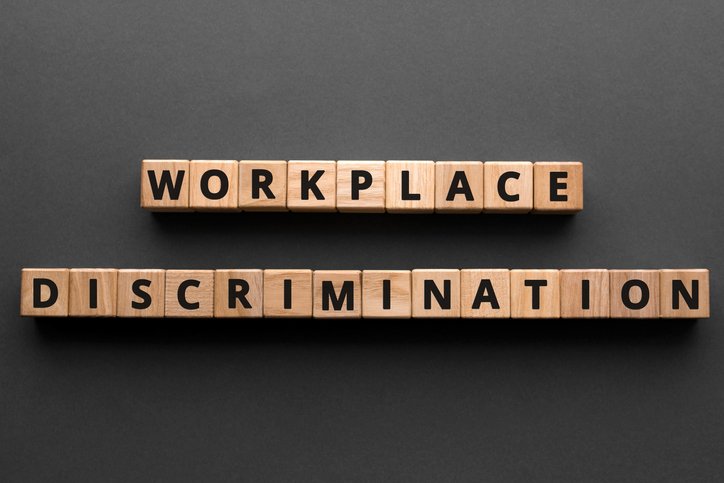
White Former Employee of City of Springfield Wins Workplace Discrimination Trial
Dec 29, 2023
Share to:
Runkel vs. City of Springfield, et al. (Federal District Court, December 8, 2023) provides helpful guidance and instruction for all employers on making sound hiring, promotion, and retention decisions. In Runkel, a federal district court jury ruled in favor of former Springfield employee, Diana Runkel (“Runkel”). By ruling in Runkel’s favor on her workplace discrimination complaint, the jury confirmed the following principals: (1) That Title VII of the Civil Rights Act protects all races, including Whites, from unlawful discrimination and retaliation, and (2) An employer’s conflicting testimony and lack of supporting documentation will likely doom their defense to discrimination claims.
Runkel worked in the City of Springfield’s (the “City”) office of budget and management from 2007 until April 2018. She was promoted to assistant purchasing agent in May 2015 and thereafter, asked to be considered for the soon to be vacant purchasing agent position. The mayor did not select Runkel for the position and instead selected Kassandra Wilkin (“Wilkin”), a Black employee, with less experience and seniority. Runkel, in addition to not being promoted, complained that the mayor denied her a promised raise after she filed an EEOC charge of discrimination regarding the hiring decision. Runkel’s complaint was initially dismissed by a federal district court judge on summary judgment, but the Seventh Circuit Court of Appeals reversed the dismissal. The Seventh Circuit ruled that based upon the facts, a reasonable jury could find that the City’s explanations for passing over Runkel were simply cover for its unlawful discrimination.
The City of Springfield’s reasons for not hiring Runkel included: her alleged display of unprofessional conduct and behavior when she found out she was not selected for the purchasing agent position. The Seventh Circuit, in evaluating this defense, stated that Runkel’s actions after not getting the job could not be a reason for the City not to promote her. The Court also noted that the City had no written record of Runkel’s alleged unprofessional behavior. Additionally, the Seventh Circuit also noted that the mayor’s testimony that he did not compare Runkel to the selected candidate, was contradicted by the City’s explanation that Wilkin was promoted because she was more qualified than Runkel and had a better work ethic. Moreover, the evidence showed that Wilkin’s resume was not provided to the Mayor until after he had already offered her the job which, according to the Seventh Circuit, could support Runkel’s claim that Wilkin’s race, Black, was more important than her actual job qualifications. Finally, when questioned as to why Runkel was not given her promised raise, the mayor could not remember why that happened.
While a jury is not obligated to list the reasons for its verdict, it appears that the City’s inconsistent and contradictory reasons for not hiring Runkel were factors in its decision. If the City’s reasons for hiring Wilkin were based upon diversity, equity and inclusion practices, the City did not process their hiring decision in accordance with a written and established DEI plan and procedure. Absent reliance on a written and legally vetted DEI policy, consistent with non-discrimination laws, the City’s defense relied upon, among other things, inconsistent, contradictory, and unsupported reasons for its decision not to hire Runkel. This case should serve as a reminder to employers that consistent documentation and valid reasons are critically important in workplace decisions. We will monitor this case for any appeal.
